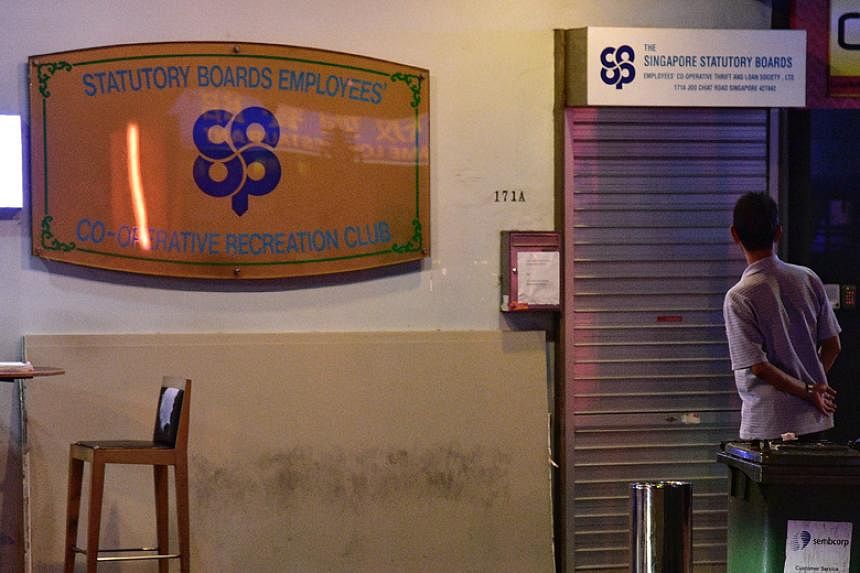SINGAPORE - Key staff and management committee members from cooperatives may have to undergo training, to ensure such societies are overseen by competent people.
The move is among several to strengthen governance standards for the 85 co-ops here, under changes to the Co-operative Societies Act passed in Parliament on Tuesday (Jan 9).
Senior Minister of State for Culture, Community and Youth Sim Ann said the primary focus at this point is on credit co-ops, which receive members' deposits and disburse loans.
There will also be minimum competency standards for certain roles, with requirements kicking in immediately for new hires, while existing officers will have a transition period to upgrade their skills.
The amendments come after a cheating case reported in 2014 involving one of Singapore's oldest credit co-ops - the Singapore Statutory Boards Employees' Cooperative Thrift and Loan Society.
A sum of $5.1 million had gone missing from the co-op. Two employees were later charged with cheating, and sentenced to jail.
There are 24 credit co-ops serving 140,000 members, and members' deposits in credit co-ops amounted to $820 million as at December 2016. Loans to members amounted to $209 million.
Under the changes passed on Tuesday, the Registrar of Co-operative Societies may also impose a cap on a co-op's dividends to members if need be, Ms Sim said.
This is to ensure that most of its surplus goes to building institutional capital and strengthening its financial position.
If a credit co-op persistently fails to meet requirements, putting members' deposits at risk, the Registrar may stop it from receiving new deposits, or cancel its registration.
The Registrar will also have enhanced powers for inspection, inquiry, or examination.
For example, the Registrar will have updated powers to access a co-op's premises, documents, as well as individuals with relevant information to investigate possible mismanagement, she said.
The changes also make it an offence to provide false and misleading information to the Registrar, or to wilfully falsify records.
The Registrar will also have wider scope to wind up co-ops that are insolvent, unable to meet financial obligations, or when it is no longer in the interest of the co-ops' members to continue their operations. The Registrar can also intervene in a co-op, for instance, by suspending a co-op officer.
At the same time, certain membership rules will be relaxed to facilitate their development and operations, said Ms Sim.
The minimum number of individuals required to set up a co-op will be reduced from 10 to five, while the minimum age to qualify as a member of a co-op's committee of management will be lowered from 21 to 18.
Seven MPs spoke in support of the changes. Responding to Mr Seah Kian Peng's (Marine Parade GRC) concerns over possible over-regulation, Ms Sim said that while most co-ops are complying with requirements, "there are still gaps when it comes to dealing with situations of mismanagement".
But she stressed that "the Registrar will intervene and act to protect only as a last resort".


